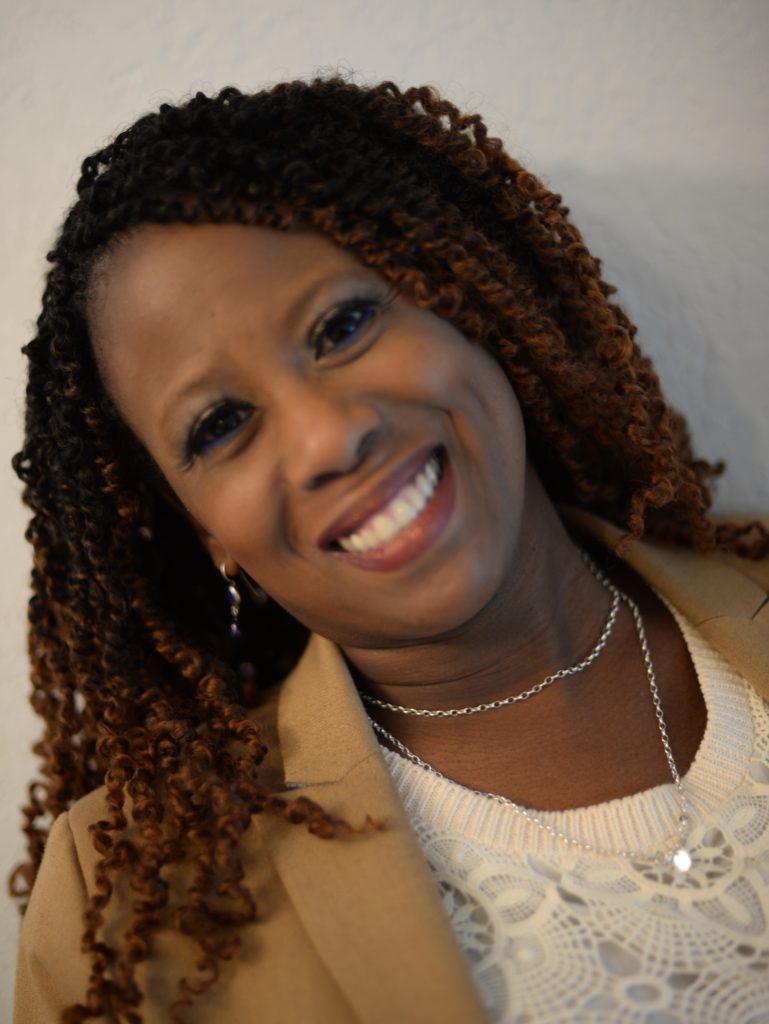
Director,
Program Strategy & Investment
Pivotal Ventures
What is the core of your work, and what drives you?
Uplifting the brilliance and abundance of girls and women of color is at the core of what I do. I want to create a world where we all can dream without the shackles of white supremacy and patriarchy. I want women and girls of color to feel like they belong, and that their place in the world is to bring leadership, ideas, beauty and culture.
What is your definition of BIPOC /QTPOC survivor leadership?
Survivor leadership is about love. It’s a love that comes from overcoming obstacles, facing fears, and being courageous in the face of all things that you are not supposed to survive from. In its essence, survivor leadership is rooted in the love of self and community to build towards a future where everyone can thrive.
In summer 2020 with the murders of George Floyd and Breonna Taylor, we witnessed a social awakening across the country and in the philanthropic sector, highlighting the need to resource BIPOC communities. What is the role of funders in building a future free of violence and resourcing survivor movements?
2020 was the reckoning… that wasn’t. The funding that has been poured towards racial and economic justice has not yielded the kind of sustainable, consistent infrastructure and ecosystem- building that we need to transform society. Sure, we’ve made some headway, but a lot of the checks that were pledged still have not gotten to the people. What’s going to happen in five years when the grant money runs out and we haven’t built the infrastructure we need to sustain movement-building and allow for survivor leadership by BIPOC, queer, and disabled folks?
Making big grants at a particular moment of social reckoning is needed, but we must also transform the way we think about resourcing movements. We must set up donor-advised funds, build new intermediaries to control wealth, and align investment capital. If this process is not happening, then we’re not really doing much. Grantmaking is not about charity nor philanthropic giving, it’s about building wealth and access to resources for those who’ve traditionally been left out. For me, it’s about building power and influence for women and girls of color who traditionally don’t have that opportunity.
What do you find inspiring or joyful or energizing about the work with CFF?
The Collective Future Fund is building an ecosystem and infrastructure for resourcing survivor leadership that hasn’t existed. There are organizations and issue areas being funded that wouldn’t see the light of day if it wasn’t for CFF because movements like trans and Indigenous liberation are not ones philanthropy at large is generally focused on or knows how to support. In this way, CFF’s funding model is rooted in innovation, equity, and transformation because it focuses on movement leaders having the means to carry out their critically important work advancing freedom from gendered, sexualized, and racialized violence. CFF is thinking about the safety movement from the bottom up, and that’s what’s needed to build sustainable change.
